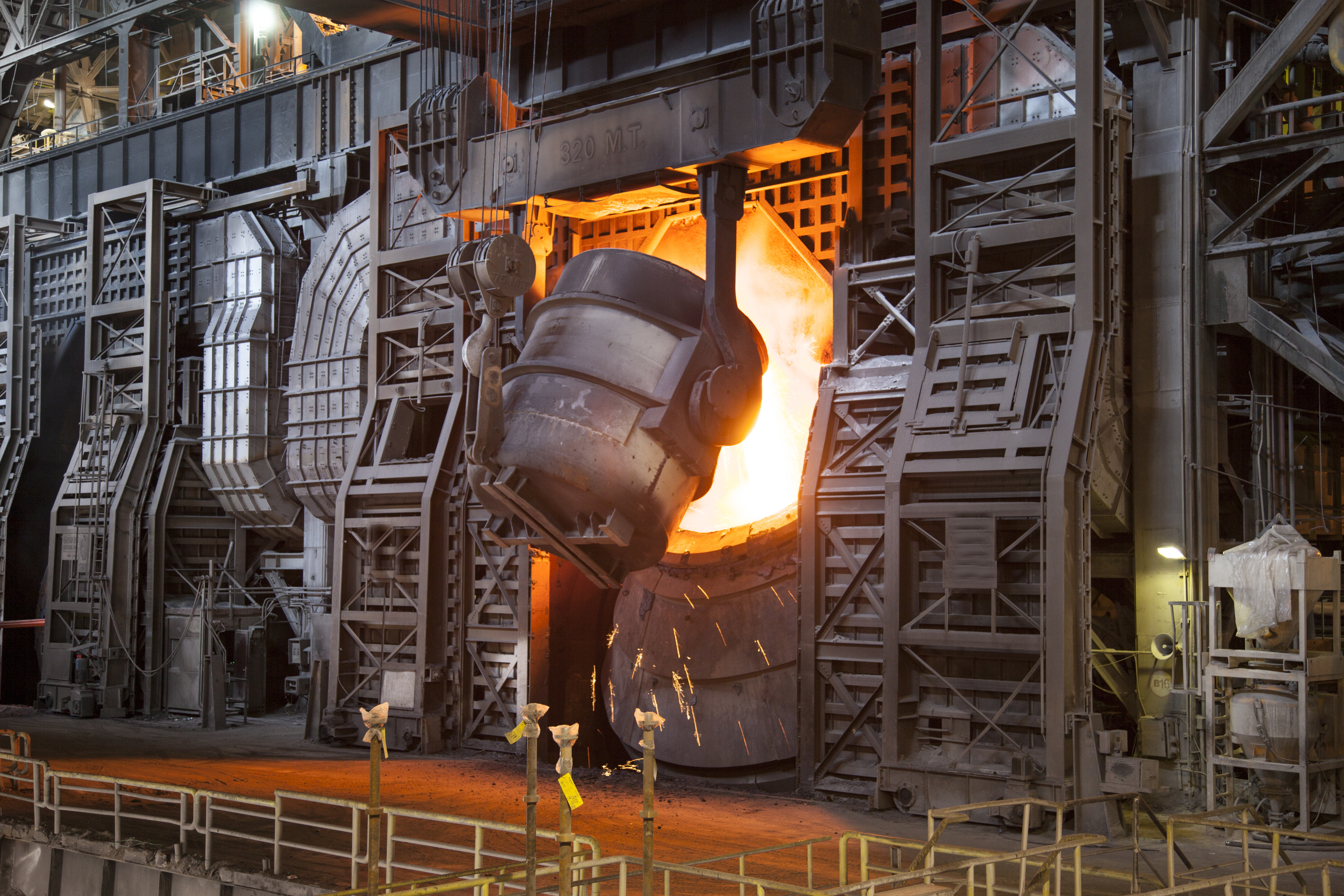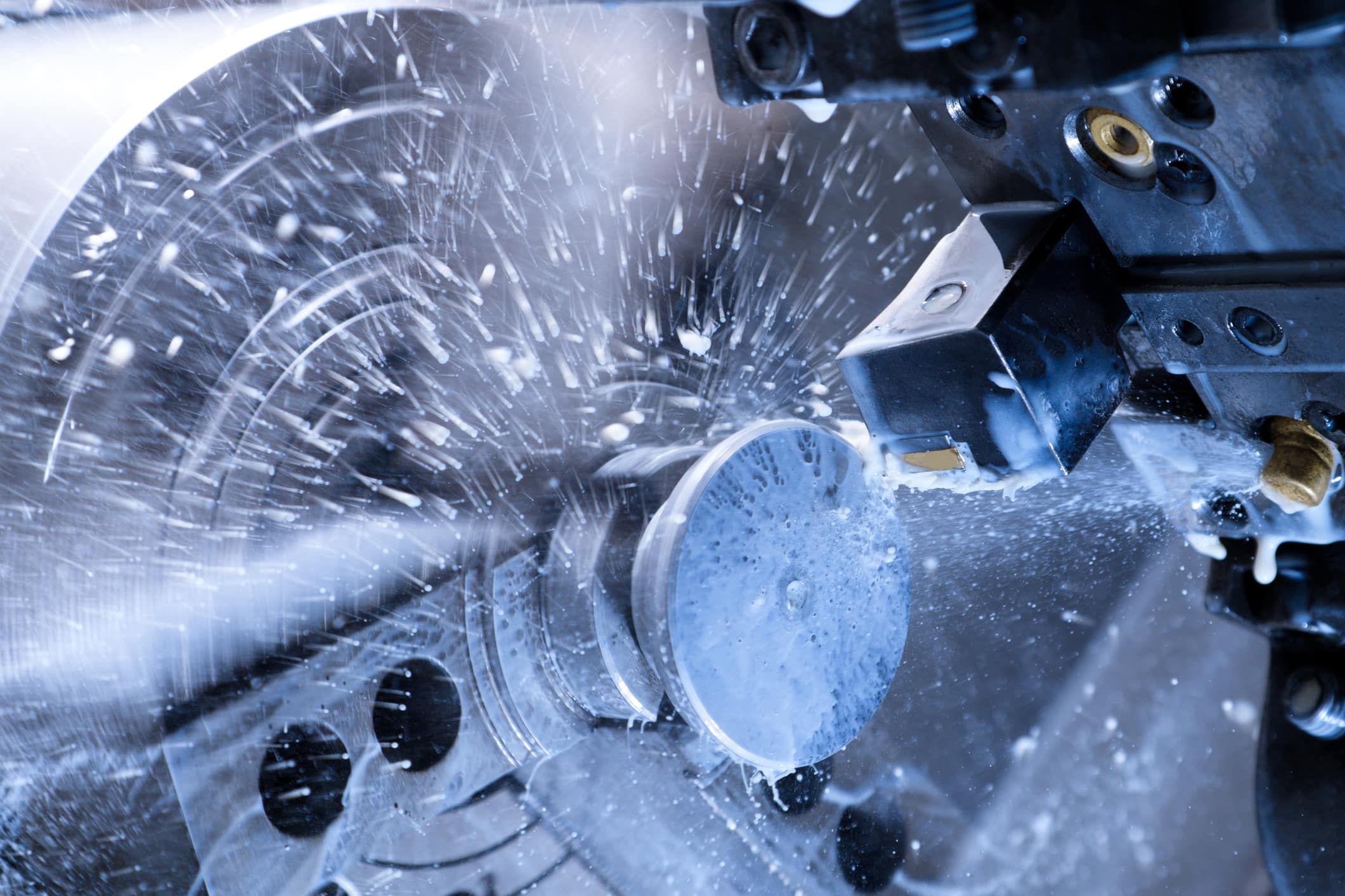For decades, gas chromatography has remained an integral analytical technique in many industries, including pharma, environmental testing, and the oil and refinery industries. Commonly used to separate and determine the concentrations of the components comprising complex mixtures, gas chromatography is one of the most widely utilized analytical methods in modern chemistry. Inherently, some higher density or higher viscosity compounds, such as paraffins or waxes, require more aggressive diluents to enable analysis. In addition, over time, higher boiling impurities tend to stick to the inlet tube or the column, which leads to contamination of the results obtained, and accordingly, the labs need to safely and efficiently address this to prevent errors in results due to the contamination.
PCTFE Fluids and Gas Chromatography
PCTFE, or polychlorotrifluoroethylene, demonstrates substantial promise in gas chromatography as a diluent or cleaning fluid, serving as an optimal alternative to conventional and more toxic solvents. Unlike the commonly used non-polar solvents, PCTFE fluids do not introduce the risks of toxicity or flammability.
Halocarbon Engineered Fluids offer a safe, non-toxic, non-flammable, non-reactive, and chemically inert solution for gas chromatography as a cleaning fluid or diluent. This inert oil is an effective solvent, inlet, and column cleaning solution for gas chromatography users, especially those in the oil and gas industry working with heavy, long-chain hydrocarbons.
Halocarbon Engineered Fluids are quickly gaining traction as safe gas chromatography column rinses and diluents. This non-flammable and chemically inert oil makes for an excellent gas chromatography solvent due to its intrinsic molecular properties, such as its viscosity, boiling point, and hydrocarbon miscibility. Halocarbon works closely with our partners to tailor these properties to desired specifications and achieve optimal results.
A Safe and Effective Solution for Gas Chromatography Cleaning
When analyzing longer-chain HCs, many gas chromatography labs encounter notable challenges and obstacles, as these substances are often harder to analyze and tend to stick and hold residual material in the inlets and columns, which can impact future runs. This residual material often forces labs to clip, burn off, or ultimately replace the column to remove the unwanted residue. Processes like these can contribute to significant downtime or even require a costly replacement.
With Halocarbon Engineered Fluids, gas chromatography columns require only one rinse, which makes them a particularly well-suited solution for cleaning procedures following the analyses of viscous and sticky, longer-chain HCs. Halocarbon Engineered Fluids are also viable and safe alternatives to use as dilution solvents for a variety of difficult compounds. Additionally, conventional solvents consistently produce toxic or flammable side effects, which augment safety concerns for chromatography service engineers and personnel. By implementing these best-in-class PCTFE fluids, labs using gas chromatography for analyses can reduce downtime and maintenance costs with more efficient cleansing or dilution solutions. Likewise, the use of these Halocarbon Engineered Fluids can help prolong the lifetime of the chromatography column itself.
Halocarbon PCTFE Technology
With over 70 years of fluorochemical expertise, the scientists and engineers at Halocarbon partner with other industry leaders to create unique solutions for a variety of industrial processes. Headquartered in Atlanta, Georgia, with manufacturing facilities in North Augusta, South Carolina, Halocarbon is the only producer of PCTFE oligomer technology in North America.
Looking to learn more about Halocarbon Engineered Fluids or PCTFE technology for gas chromatography? Contact us to learn more about our portfolio and solutions.






Leave a Reply